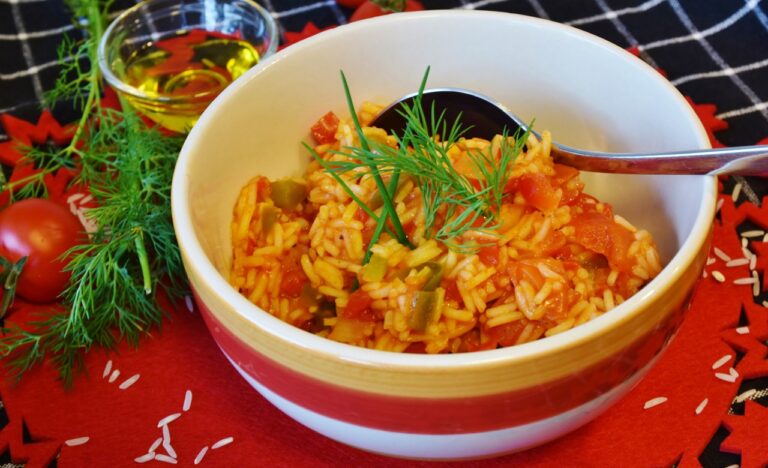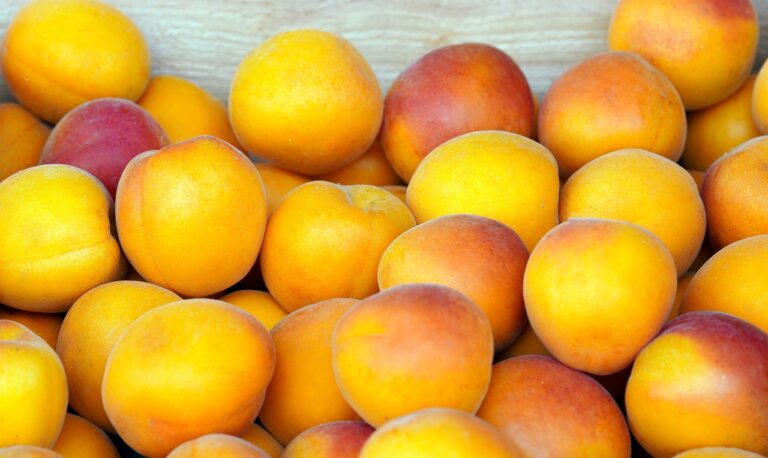Indigenous Food Sovereignty: Preserving Native Food Traditions
Indigenous food systems are integral to the cultural and physical well-being of Indigenous communities around the world. These systems encompass a diverse array of food practices, including hunting, fishing, gathering, and cultivating traditional crops. The sustainable practices embedded in Indigenous food systems demonstrate a deep respect for the land and the interconnected relationship between people and their environment.
Historical Significance of Native Food Traditions
Native food traditions carry immense historical significance as they are deeply rooted in the cultural heritage of Indigenous communities. These food practices have been passed down through generations, playing a crucial role in shaping the identity and connection to the land for Indigenous peoples. Traditional recipes, food preparation methods, and harvesting techniques hold valuable knowledge about sustainable practices and the relationship between humans and nature.
Furthermore, Native food traditions reflect the resilience and adaptability of Indigenous communities throughout history. Despite facing colonization, forced assimilation, and the loss of traditional lands, many Indigenous groups have managed to preserve their food systems and continue to practice traditional ways of gathering, hunting, and farming. These food traditions serve as a symbol of resistance and a means of preserving cultural identity in the face of ongoing challenges and pressures from mainstream society.
Challenges to Maintaining Indigenous Food Sovereignty
Indigenous food sovereignty is confronted with numerous obstacles that hinder its preservation and advancement. One critical issue is the loss of traditional lands, which results in a disconnect between Indigenous communities and their ability to access and cultivate traditional foods. This displacement not only impacts the physical availability of indigenous foods but also disrupts the cultural and spiritual significance that these foods hold within Indigenous cultures.
Additionally, the imposition of Western food systems and dietary patterns has led to a decline in the consumption and cultivation of traditional Indigenous foods. This shift towards processed and unhealthy food options not only threatens the physical health of Indigenous communities but also diminishes the importance of traditional food knowledge and practices. The prevalence of food insecurity among Indigenous populations further exacerbates the challenge of maintaining food sovereignty, as limited access to affordable and nutritious foods undermines the ability of communities to sustain their traditional food systems.
Loss of traditional lands leading to a disconnect from access to and cultivation of indigenous foods
Disruption of cultural and spiritual significance associated with traditional foods
Imposition of Western food systems and dietary patterns contributing to decline in consumption of indigenous foods
Threat to physical health and traditional food knowledge/practices
Food insecurity among Indigenous populations limiting access to affordable and nutritious foods
What are some challenges faced by Indigenous communities in maintaining their food sovereignty?
Indigenous communities face challenges such as loss of traditional lands, access to resources, government policies, and the impact of climate change on their food systems.
How have historical events impacted Indigenous food traditions?
Historical events such as colonization, forced relocation, and assimilation policies have disrupted Indigenous food systems and eroded traditional knowledge and practices.
Why is it important to preserve Indigenous food sovereignty?
Preserving Indigenous food sovereignty is important for maintaining cultural identity, promoting community health and well-being, and ensuring sustainable use of natural resources.
How can individuals and organizations support Indigenous food sovereignty efforts?
Individuals and organizations can support Indigenous food sovereignty efforts by advocating for policy changes, promoting sustainable agriculture practices, and supporting Indigenous-led initiatives and programs.







